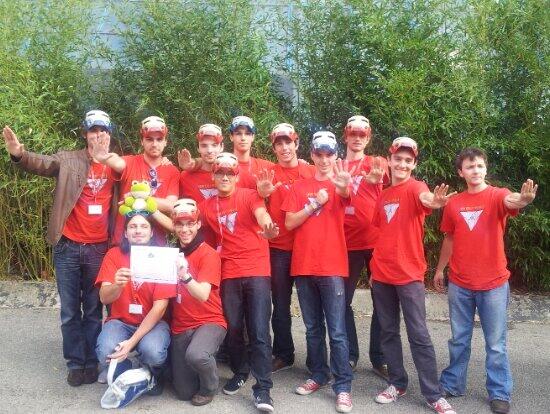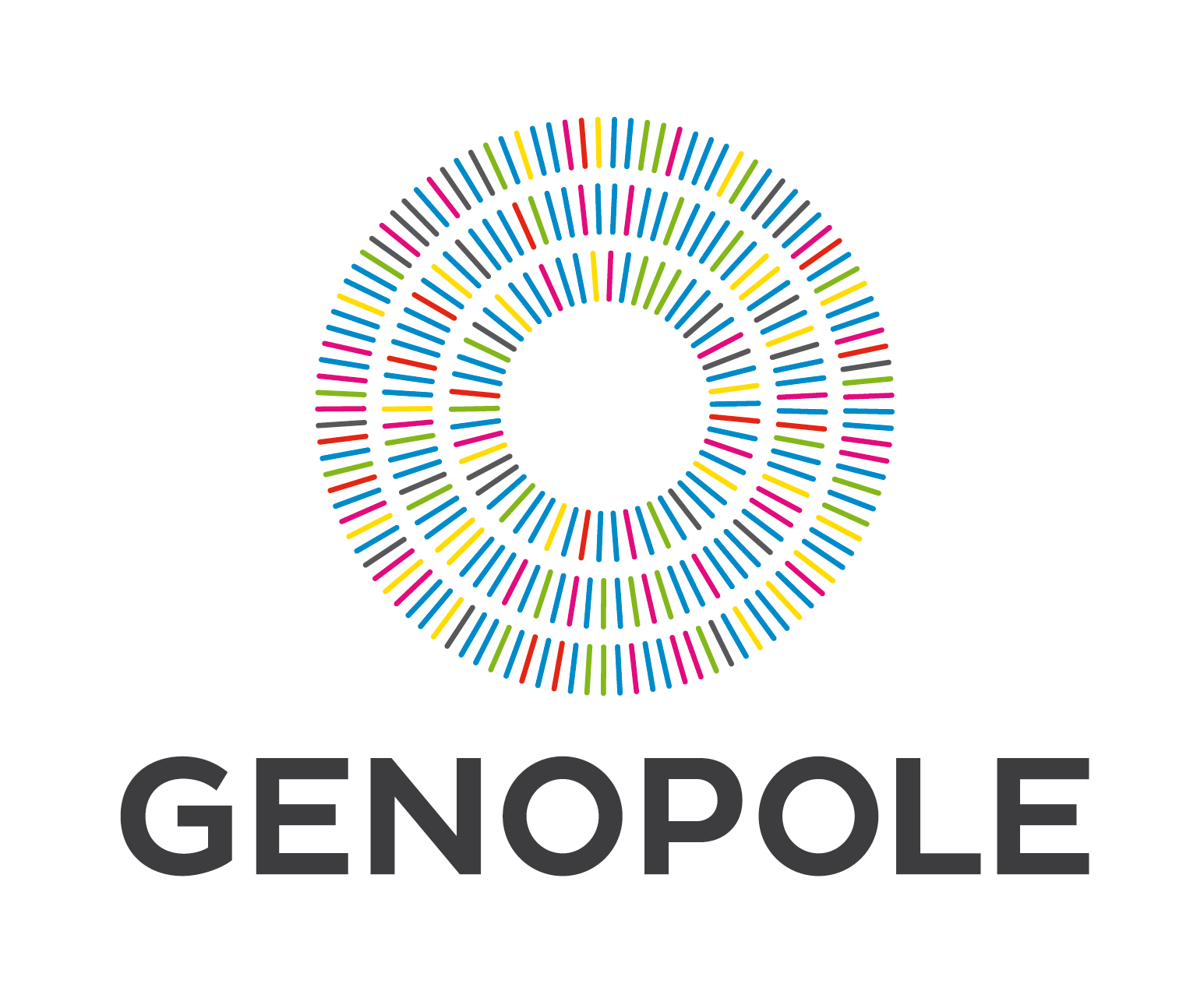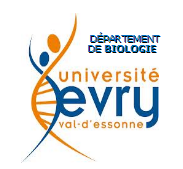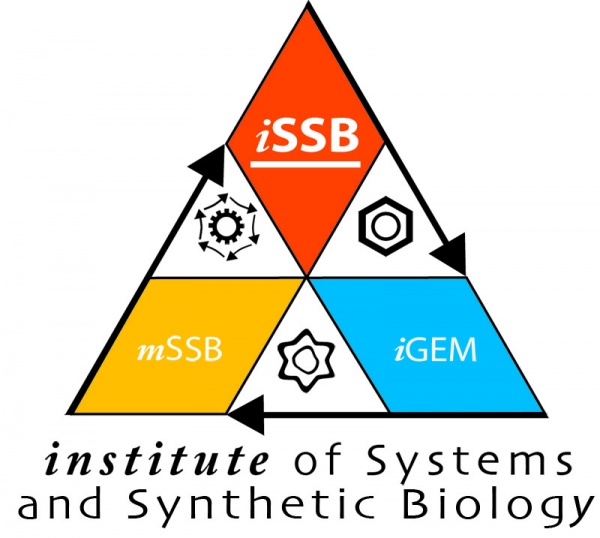Team:Evry
From 2013.igem.org
| Line 11: | Line 11: | ||
<br/> | <br/> | ||
| - | <h1>Welcome to the <b><span style="color:#bb8900">Iron Coli Project </span></b> Home Page</h1> | + | <h1>Welcome to the <b><span style="color:#bb8900">Iron Coli Project</span></b> Home Page</h1> |
<br /> | <br /> | ||
| - | <p align="center"><b>The aim of our team this year is to design and realize a <em>treatment for hemochromatosis and thalassemia</em> using synthetic biology with an <em>integrated human practice</em> and <em>modeling approach</em>. </b>< | + | <p align="center"><b>The aim of our team this year is to design and realize a <em>treatment for hemochromatosis and thalassemia</em> using synthetic biology with an <em>integrated human practice</em> and <em>modeling approach</em>. </b></p> |
<br /><br /> | <br /><br /> | ||
Revision as of 16:01, 17 October 2013
 Please keep in mind that this project is still under research and there is no clinical testing. We are a group of students participating at the iGEM competition. If you have any question, please contact us at: igemevry@gmail.com
Please keep in mind that this project is still under research and there is no clinical testing. We are a group of students participating at the iGEM competition. If you have any question, please contact us at: igemevry@gmail.com
Welcome to the Iron Coli Project Home Page
The aim of our team this year is to design and realize a treatment for hemochromatosis and thalassemia using synthetic biology with an integrated human practice and modeling approach.
The Team

Abstract
Our project focuses on developing a novel treatment for hematological disorders caused by an iron overload, such as hemochromatosis and thalassemia. These autosomal recessive disorders have symptoms including cirrhosis, arthritis, and heart failure, which result from overabsorption of iron from the duodenum. Although these are among the most common heritable diseases, treatment options are limited. Even today patients are mostly treated by frequent bloodletting, which many people cannot support. The aim of our project is to combat these diseases at the source by developing a therapy that prevents the intestinal absorption of iron.
We engineer the Escherichia coli Ferric Uptake Regulation (FUR) system using a genetic inverter so that they produce siderophores (iron chelators) in response of high concentrations of iron. These engineered bacteria are delivered to the patient's intestine by encapsulating them in an ingestible polymer (capsule) that specifically degrades in the duodenum. Once released into the intestine, the bacteria respond to ambient iron by secreting elevated levels of siderophores, thereby chelating the iron to prevent its absorption by the patient.
Overview of the project and the achievements

 "
"













